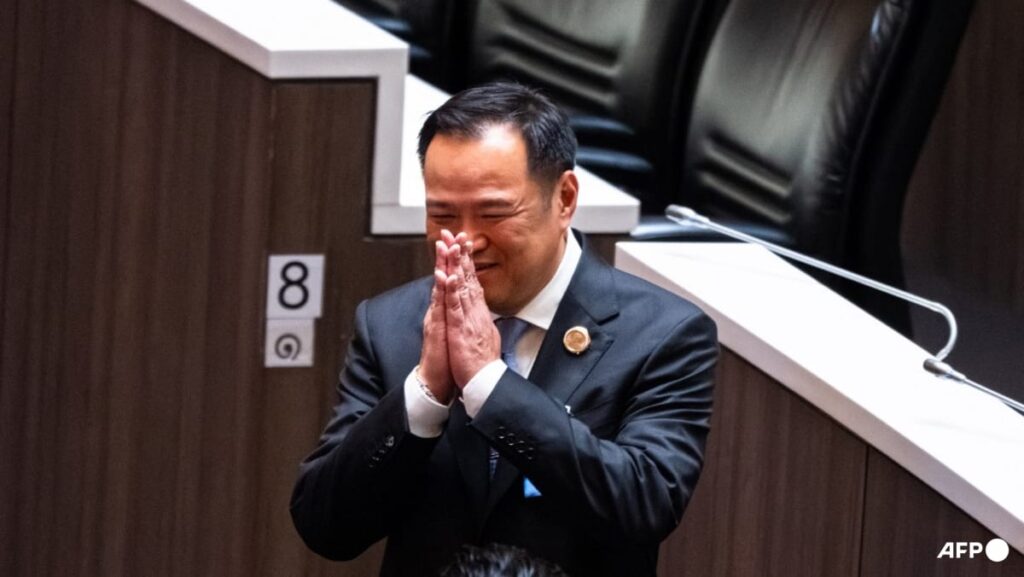SYDNEY: The rapid demise of two Thai prime ministers in as many years has paved the way for a third: Anutin Charnvirakul, leader of the third largest party in the Thai parliament, Bhumjaithai.
Who is Anutin, and what does his appointment say about Thailand’s future political stability?
Anutin took over the Bhumjaithai Party from his father in 2014, having already followed his father to become a tycoon in the construction industry.
Bhumjaithai itself dates back to 2008 when its members – a clique within Thaksin Shinawatra’s Pheu Thai party centred around the northeastern province of Buriram – defected from Thaksin’s government, leading to the installation of the conservative Abhisit Vejjajiva government. Mistrust between Bhumjaithai and Thaksin has persisted since.
Anutin has been manoeuvring to become a “middleman” prime minister for most of the decade since becoming party leader. Thai politics is sharply polarised between multiple opposing political factions, with the ever-present threat of intervention from the country’s conservative military elites. These factors mean that the idea of a “middleman” prime minister who could break a political deadlock is always on the cards.
Yet despite Anutin’s dynastic inheritance of a party modelled around strongman leadership in a pocket of the country’s northeast, he must be given credit for his entrepreneurship in expanding his political reach to the national level. His signature policy, decriminalising cannabis, strong campaigning, and his position as health minister during the COVID-19 pandemic helped him not just to survive in the messy world of Thai politics, but to become a well-known national figure.
Aided by a collapse in support for Thailand’s two largest parties, Bhumjaithai grew to 71 seats at the 2023 election, making it the third largest party in parliament, with double the number of seats it had held prior to the 2014 coup.
Read the full article here
